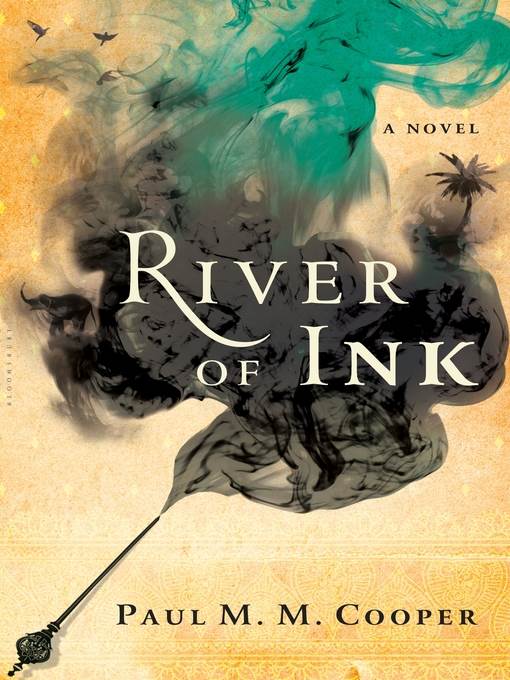
River of Ink
- اطلاعات
- نقد و بررسی
- دیدگاه کاربران
نقد و بررسی

November 1, 2015
Just ask Scheherazade: it's a dangerous business being bard to a king. Asanka the poet has had it easy: in good with the ruler, he's parlayed a facility with language--Sanskrit in particular--into a career celebrating the splendors of Sri Lanka. He has some money tucked aside, along with a compliant and pliant mistress, and he gets to write pretty much what he wants to. All that comes crashing down in the first few pages of British writer Cooper's debut novel when the old king has an exceedingly bad day at the hands of a usurper. Magha, the new king, has his good points, but there's a bit of Joe Stalin to him, occasioning the need to put out some good press and burn the books that don't quite deliver the message he's after. But, not knowing a word of Sanskrit himself, how can Magha be sure Asanka is saying the things he wants to convey to his much-put-upon subjects? There's the rub, and there's the seed of some palace intrigues, and the old vexing question arises from it of how a minor, apparently amoral bureaucrat is to survive with something of his honor intact when doing the service of the master. Cooper strives for literary effect at times, while at others he is a bit too modern-chatty ("After all, at least a Prince has cushions to sit on and does no work, but still, I was so bored"). The result is a Life of Pi-ish melange of mixed diction and sometimes-clumsy Orientalizing ("it surprised me that his voice was as smooth as coconut water"). To his credit, though, Cooper does a nice job of imaging medieval Sri Lanka and, by way of his narrator, imparts some welcome notes on Sanskrit poetics along the way: "It's the emotion of a poem that swallows up all smaller, more delicate feelings, that stands alone and cannot be broken down." Ambitious and interesting. Cooper's book has its merits, but read Salman Rushdie's Two Years Eight Months and Twenty-Eight Nights for more assured storytelling.
COPYRIGHT(2015) Kirkus Reviews, ALL RIGHTS RESERVED.

October 15, 2015
Political turmoil in Sri Lanka in the thirteenth century provides the background of Cooper's assured first novel. When Kalinga Magha invades from India and usurps the throne, Asanka, the court poet, is willing to do anything to ensure not only his own survival but also that of his beloved mistress, Sarasi, a palace servant. The new king summons Asanka to the palace and demands a translation of the classic Sanskrit epic Shishupala Vadha into Tamil, giving him six months to complete the task. Asanka carries out his own small acts of defiance by making changes to the text that identify Magha with the villainous Shishupal, all the while living in fear that Magha will notice. Meanwhile, Sarasi has caught Magha's eye. And who is sneaking into Asanka's villa and leaving pages, stylistically crude and written on low-grade paper but in very fine ink, that give voice to the characters in Shishupala Vadha? Though the novel, which is narrated by Asanka and addressed to Sarasi, flags in the middle sections, readers will find themselves immersed in the world that Cooper so beautifully evokes.(Reprinted with permission of Booklist, copyright 2015, American Library Association.)




دیدگاه کاربران